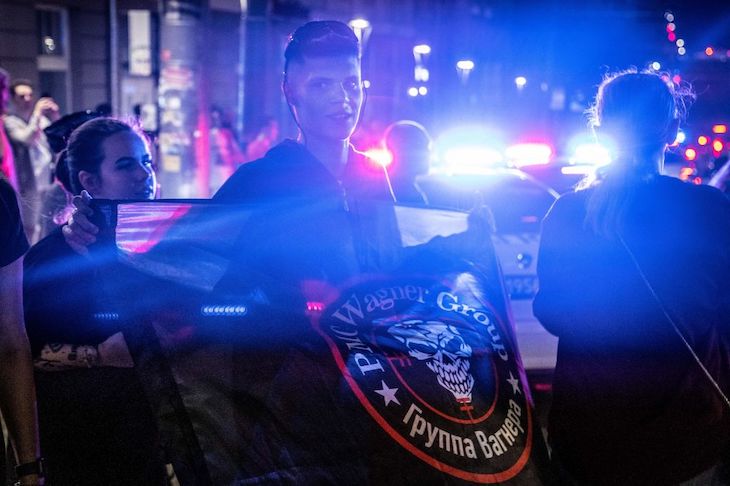Since Russia’s invasion of Ukraine last year, it always seemed likely that the war would come back to Rostov-on-Don, the city which until then had been my home. Rostov isn’t just close to the border but feels it. Most of my university students were from the Donetsk and Lugansk, refugees from the 2014-2022 war.
Already a subscriber? Log in
Subscribe for just $2 a week
Try a month of The Spectator Australia absolutely free and without commitment. Not only that but – if you choose to continue – you’ll pay just $2 a week for your first year.
- Unlimited access to spectator.com.au and app
- The weekly edition on the Spectator Australia app
- Spectator podcasts and newsletters
- Full access to spectator.co.uk
Or




















Comments
Don't miss out
Join the conversation with other Spectator Australia readers. Subscribe to leave a comment.
SUBSCRIBEAlready a subscriber? Log in